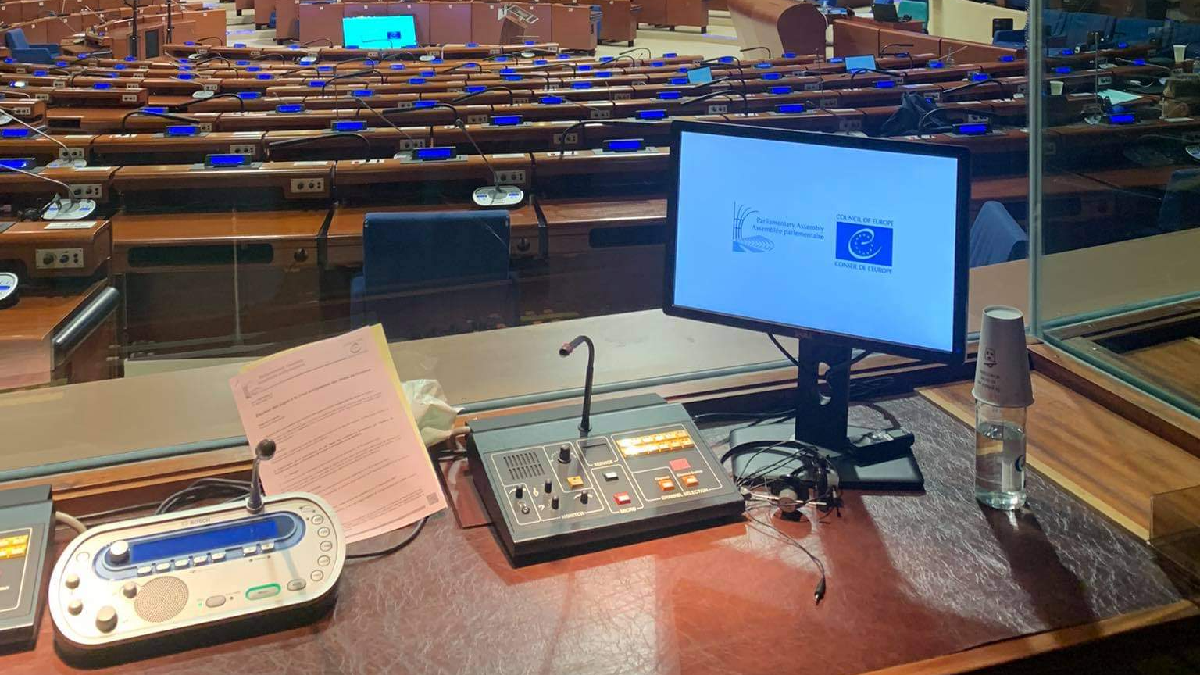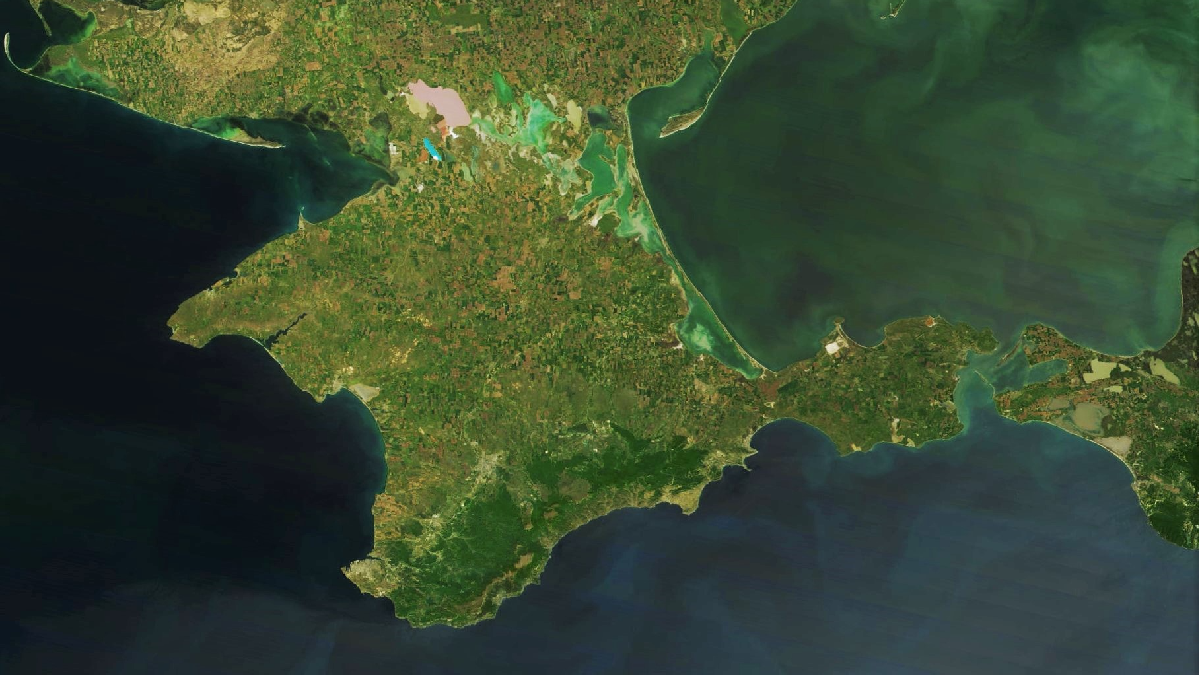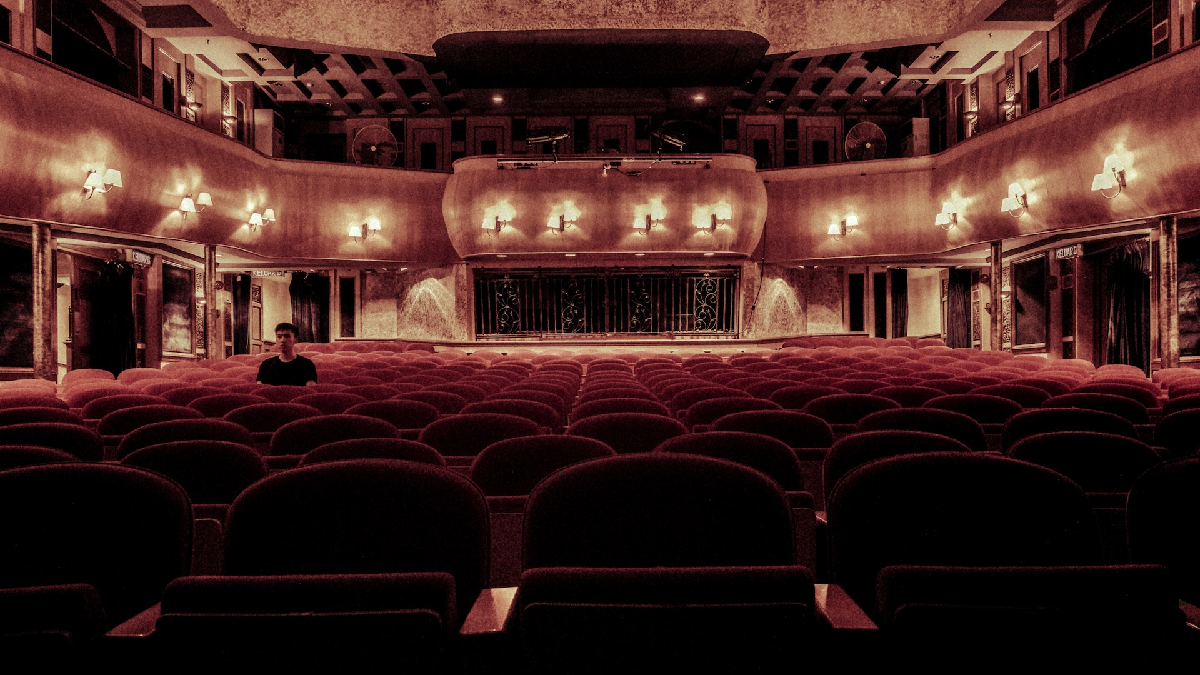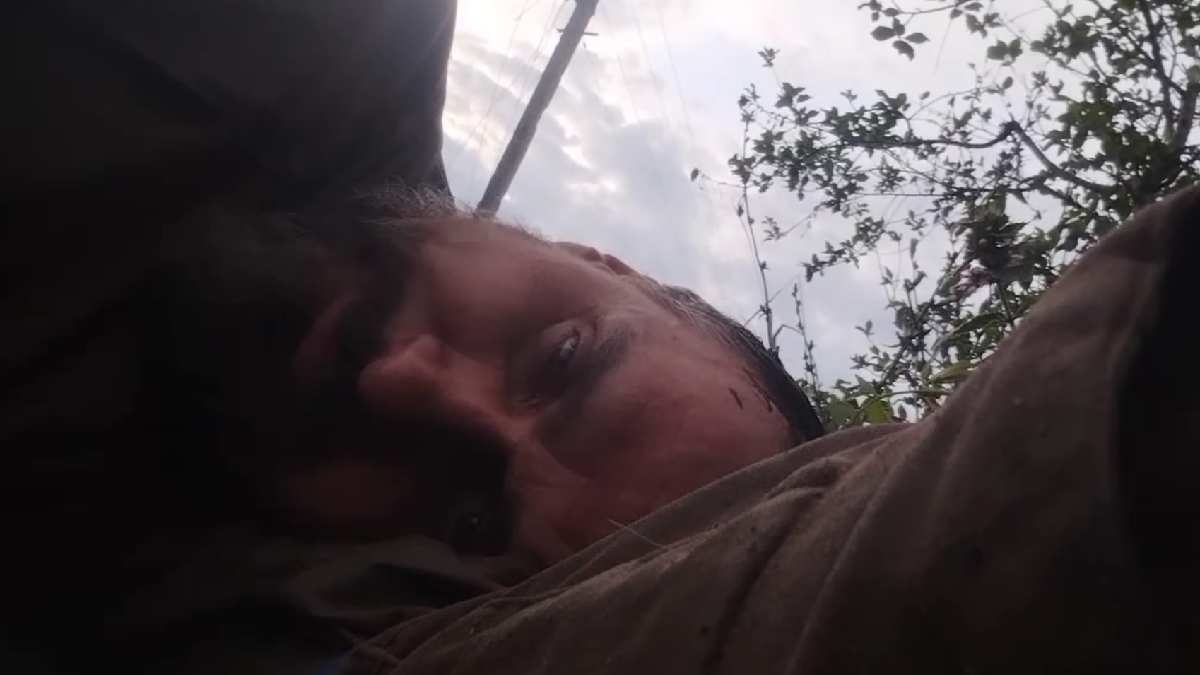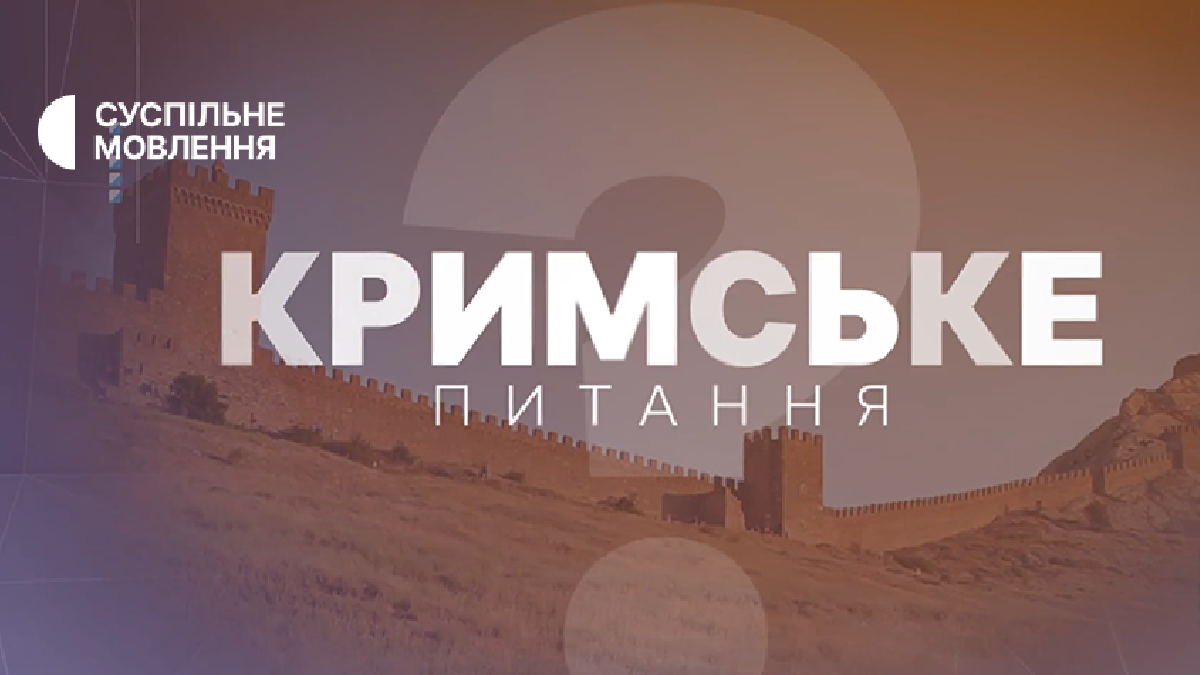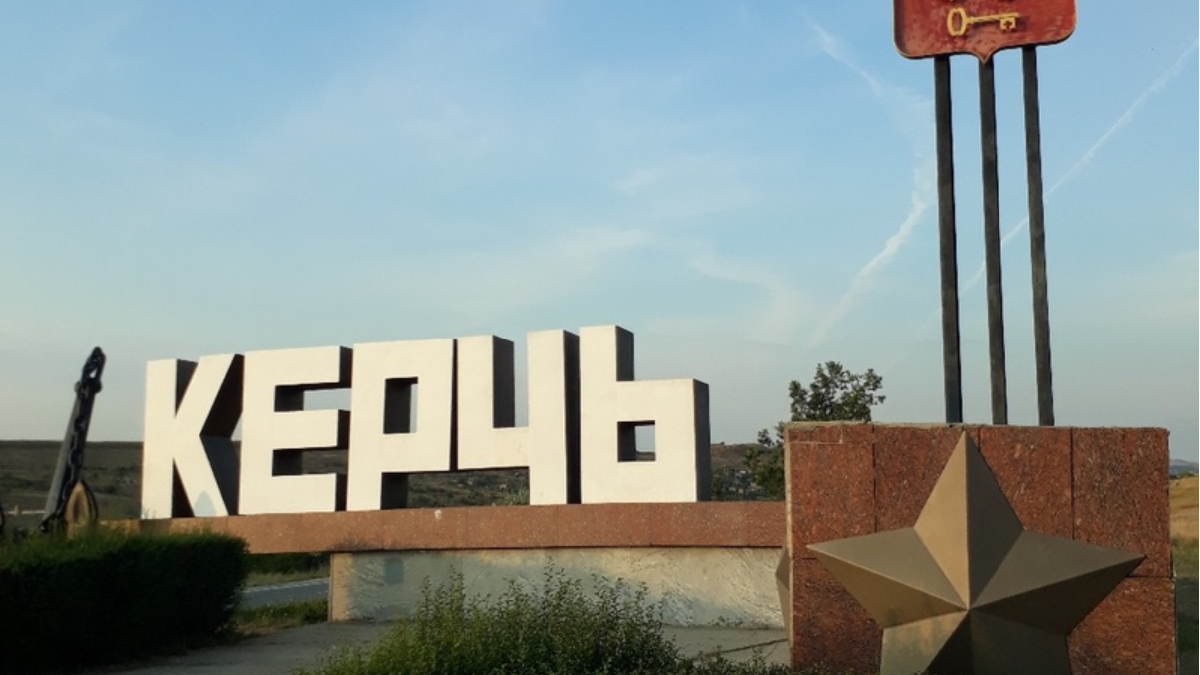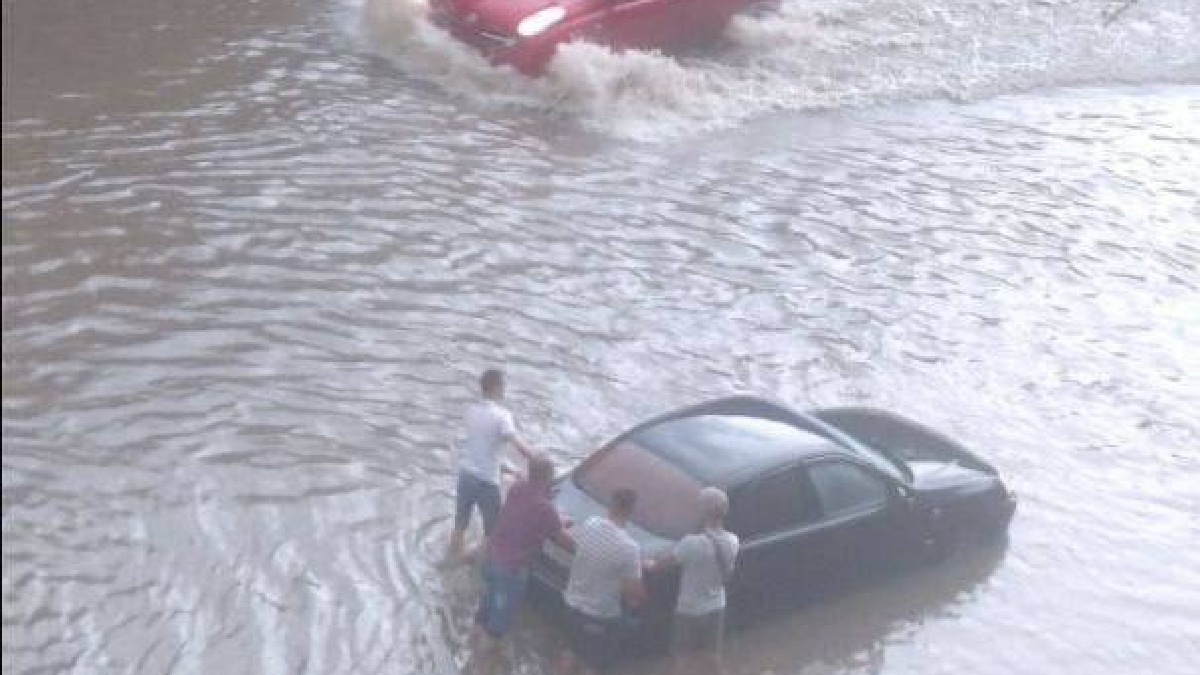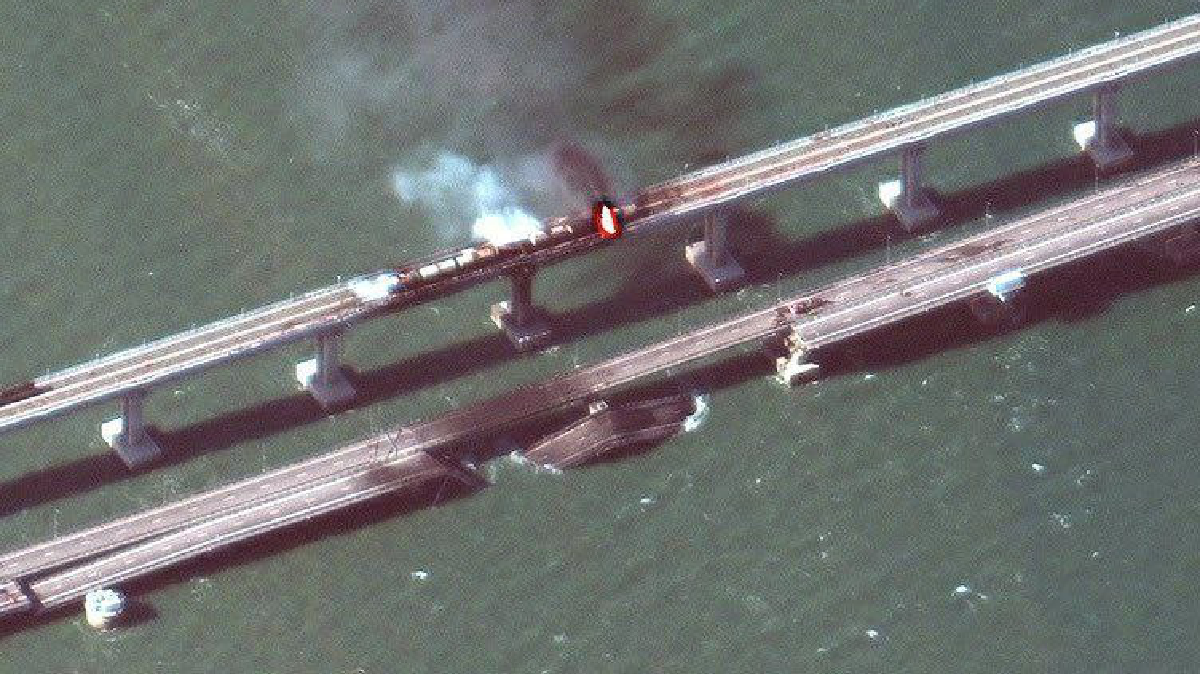How to return the Crimean agenda to the PACE - a view from Strasbourg
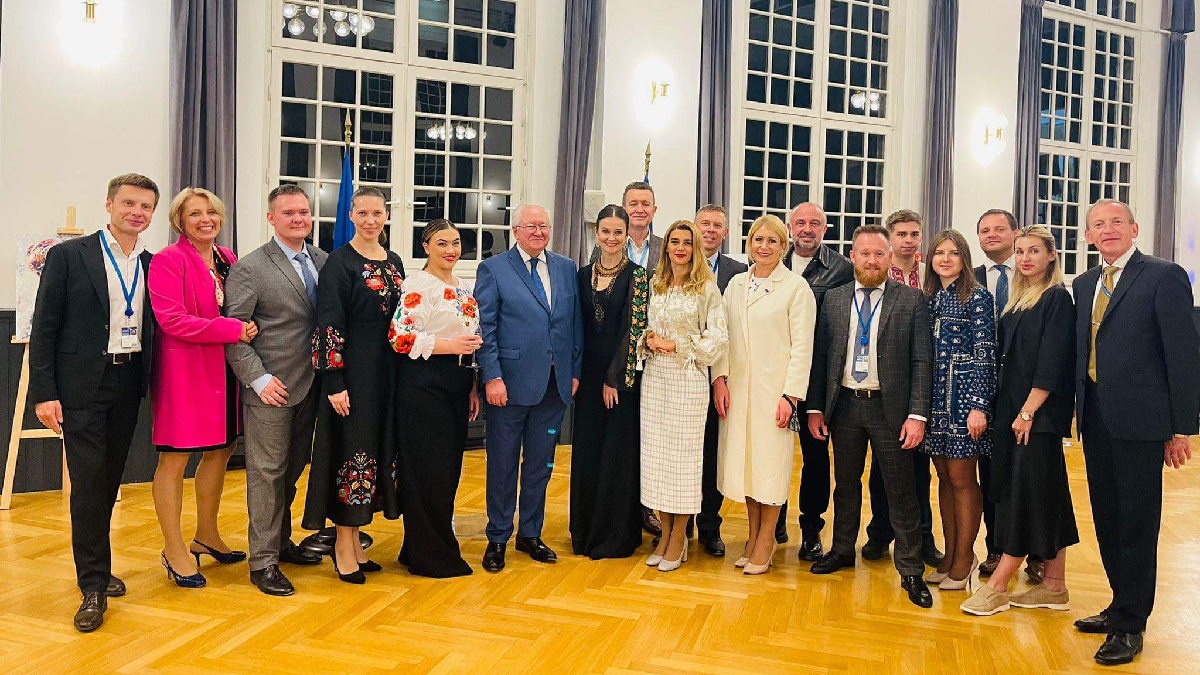
The fourth session of the main body of interparliamentary cooperation in Europe, the Parliamentary Assembly of the Council of Europe (PACE), ended last week. The PACE Bureau rejected the Ukrainian delegation’s proposal to hold an ongoing debate on the persecution of Crimean Tatars, leaving the Crimean issue to be discussed outside the PACE session and for discussion within political groups.
The Ukrainian delegation went to Strasbourg with a list of tasks, including voting for a judge of the European Court of Human Rights under the quota from Ukraine, debating a new wave of political persecution in Crimea, levelling the positive assessment of the election process in Russia and more.
Suspilne Crimea gathered the views of Ukrainian delegates on what they see as ways to return the Crimean issue to the Palace of Europe.
Oleksandr Merezhko, People’s Deputy of Ukraine, Chair of the Verkhovna Rada Committee on Foreign Policy and Interparliamentary Cooperation
“The first question: why was the issue of a new wave of repressions against Crimean Tatars not included in the agenda of the Assembly?I raised this issue, but unfortunately, my proposal did not find support. We are talking about a recent wave of repression when several dozen people have been arrested, tortured, and their lives are in danger.
Unfortunately, consideration of this issue did not find support among colleagues in my political group (socialists). What is the reason? There are several hypotheses. Sometimes it seems that the PACE is tired of Ukraine constantly trying to promote this issue. But we have no other choice. We have to talk about it all the time. My position is that the PACE has no right to be tired on this issue. We are talking about fundamental things, about people’s lives, about values.
It is necessary to consider the specifics of the deputies of some countries who are represented in the Assembly. They are constantly changing the focus of attention on recent issues. There is a problem in Afghanistan, for example, or something else. Perhaps this makes it difficult for the Assembly to keep Ukrainian issues in constant focus. Despite this, we must constantly fight and keep Crimean issues on the agenda.
Another hypothesis is that Russia has intensified its destructive activities. There was a talk, for example, that the Council of Europe should not deal with security issues, as this is an OSCE mandate. Therefore, we are trying to bring the issue of human rights protection in Crimea to the PACE. Regarding the Crimean Platform within the PACE. This platform was created by a group of deputies from different countries who support the Crimean Platform within the PACE.
Meanwhile, formalizing or creating it as a working body (the Council of Europe, in particular, the PACE) is extremely difficult or even impossible. Therefore, it will be difficult to institutionally “park” the Crimean Platform in the PACE. We need to work hard in this direction, as it feels that the formal dimension of the Crimean Platform will not be welcomed in the PACE at the moment”.
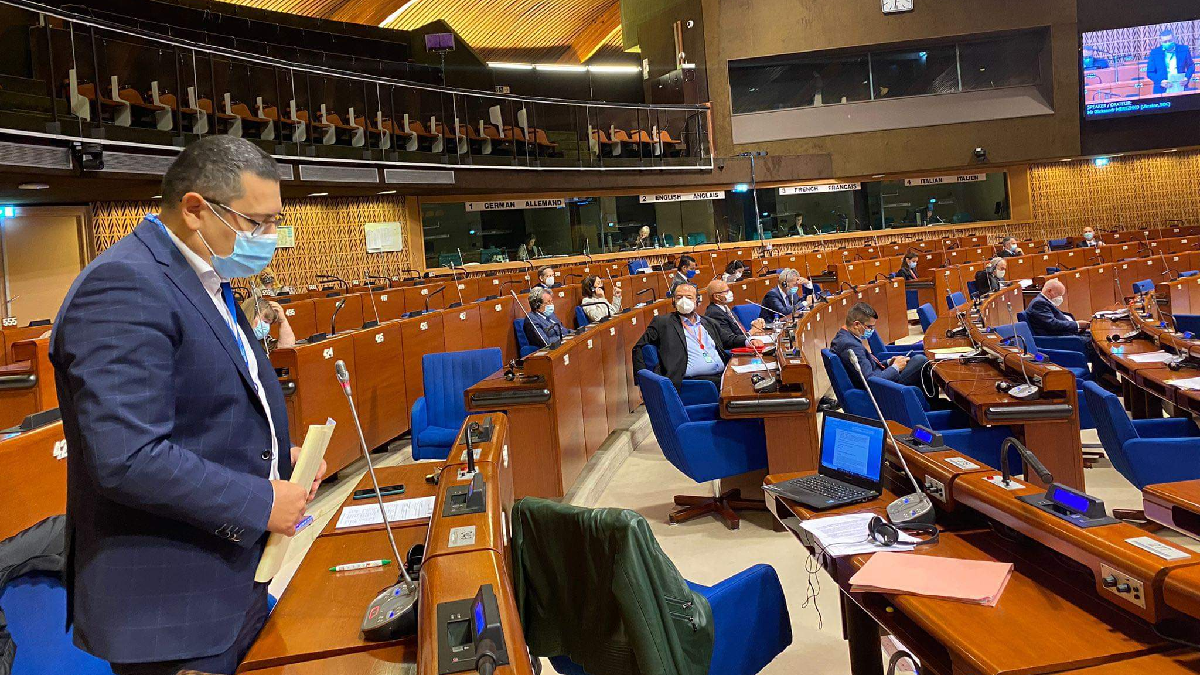
Yuriy Kamelchuk, People's Deputy of Ukraine
“It is necessary and possible to return the Crimean issue… through individual work with each delegate to provide more information about Crimea, to invite them to Ukraine… to organize communication with Crimean Tatars and those who were forced to leave the Crimean peninsula. We need individual communication with a group of deputies by country. Will it work in (PACE) committees? It is worth trying to develop this topic in the PACE committees because of the reaction from other delegates. It is necessary to invite individual speakers who were neutral or indifferent to the conflict between Ukraine and Russia to attract their support to our side. It is a question of time, a question of how many supporters we will have on the Crimean issue, and finally a question of our possibilities".
"It is impossible to postpone consideration of the issue of protection of Crimean Tatars for two or three years in the Assembly, as it is heard on the sidelines. In two or three years, a child may not remember their home, and an adult may lose their self-identification.
Rustem Umerov, People’s Deputy of Ukraine
“First, the Crimean agenda has not disappeared. In the PACE, as in the conciliation council, if the decision does not win a majority, the issue is not put up for discussion or vote. But the Crimean issue was voiced, the issue of Nariman Dzhelyal (his illegal detention) was heard in speeches. Second, we constantly discussed Crimean issues in committees and political groups.
Now we have to plan our next step. We must raise these issues during the next session. Our delegation has a position that we should be involved in broader issues of a pan-European nature. But, at the same time, we must not forget about the Crimean problems.
As for the Crimean Platform. Our friends in the PACE support the fact that we held such a huge Crimean Platform Summit. Second, foreign delegates see that we continue the political and diplomatic dialogue. In this session, we focused more on human rights issues, including Nariman Dzhelyal, Belarus and Afghanistan. The issue of the Crimean Platform was raised only through personal communication or in the framework of meetings of working bodies".
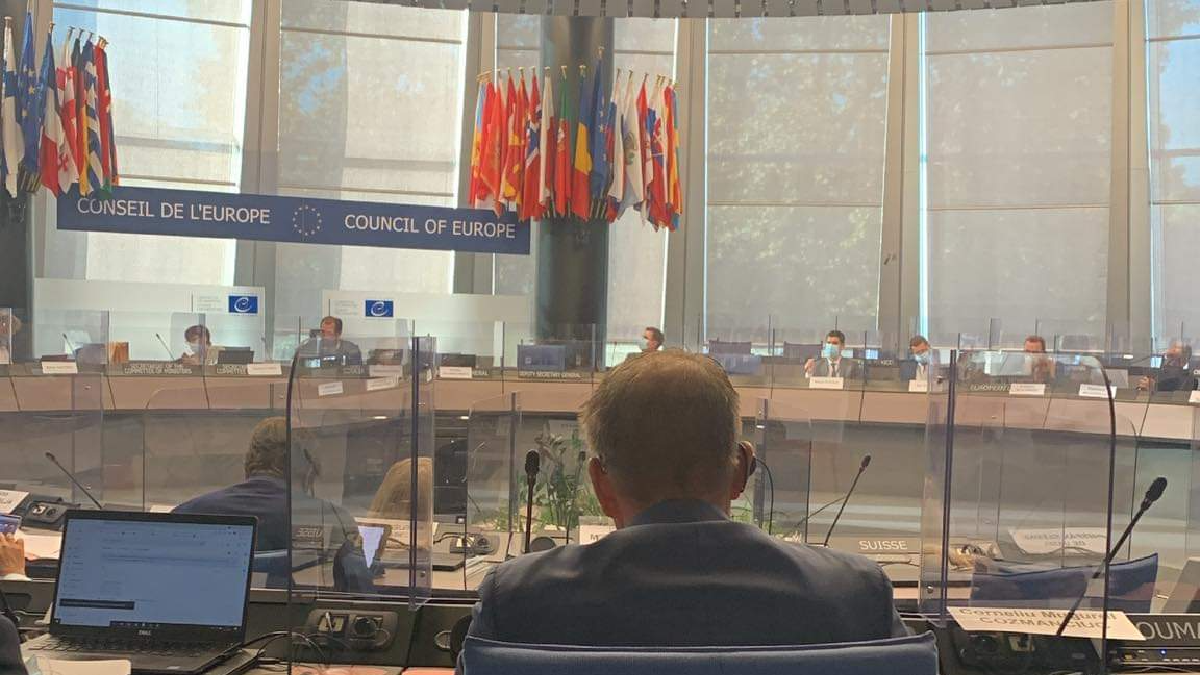
Elizaveta Yasko, People's Deputy of Ukraine
“To return the Crimean agenda, it is necessary to work thoroughly a few months before the session of the Assembly. Unfortunately, the Bureau rejected our delegation's proposal to hold an ongoing debate on the illegal detention of Crimean Tatars. On the sidelines of the PACE, I could hear that after the adoption of the report on the persecution of Crimean Tatars, our delegation should not expect to return to this topic again in the coming sessions. The institutional flaw of the PACE is that once an issue has been considered during a session, it is almost impossible to return to it or to continue the discussion during subsequent sessions.
The Bureau assumes that the issue has been considered and its discussion closed. But this is no reason to abandon the idea of systematically discussing human rights in occupied Crimea during the sessions. The issues of illegally held elections in the temporarily occupied territories of Crimea were raised during the meetings of the PACE Monitoring Committee, and it should be said that there were quite critical positions from foreign delegates. The "soft" statement of the PACE monitoring group, which generally praised the elections in the Russian Federation, was particularly criticized.
In personal communication during breaks, she drew the attention of foreign colleagues to a new wave of political persecution of Crimean Tatars. Especially in the case against Nariman Dzhelyal, which is purely political. We hope that international pressure will accelerate the release of Ukrainian Kremlin prisoners".
